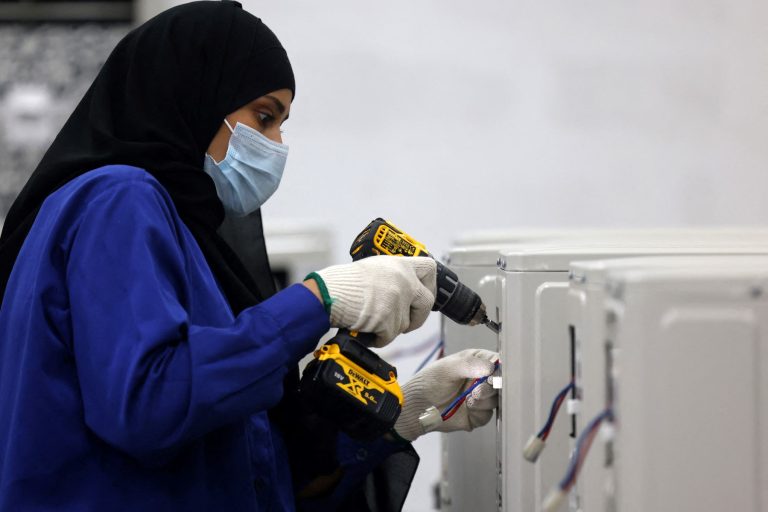São Paulo – Saudi Arabia has been making progress in its efforts to modernize and diversify its economy away from oil, according to a report from the Executive Board of the International Monetary Fund (IMF). The document states that non-oil GDP in Saudi Arabia grew by 3.8% in 2023, driven by private consumption and non-oil investment.
“Saudi Arabia’s unprecedented economic transformation is progressing well,” says the fund, noting that this is the goal of Vision 2030, the country’s strategic plan to reduce its dependence on oil by 2030. Non-oil GDP has grown, contrasting with the overall economy, which contracted by 0.8% in 2023, driven by oil production cuts.
The fund also says that the unemployment rate reached historic lows, with women labor force participation rates remaining above the 30% 2030 target. After peaking at 3.4% in January, year-on-year inflation receded to 1.6% in May, underpinned by an appreciating nominal effective exchange rate. According to the IMF, geopolitical events have not had any major impact on the Saudi economy so far.
However, the country experienced a reduction in its current account surplus – the record of capital inflows and outflows – due to decreased oil exports and a strong increase in investment-related imports. These were partly mitigated by a record surplus in the services balance, including a 38% surge in net tourism income.
Projections for Saudi Arabia
For 2024, the IMF expects Saudi Arabia’s overall GDP to grow by 1.7%, with non-oil GDP contributing a 3.5% increase. In 2025, the overall economy is projected to advance by 4.7%, with the non-oil sector increasing by 4.4%. Inflation is expected to remain at 1.9% in 2024 and 2% in 2025, according to the fund.
Read more:
Saudi Arabia wants Brazil in its mining industry
Translated by Guilherme Miranda




